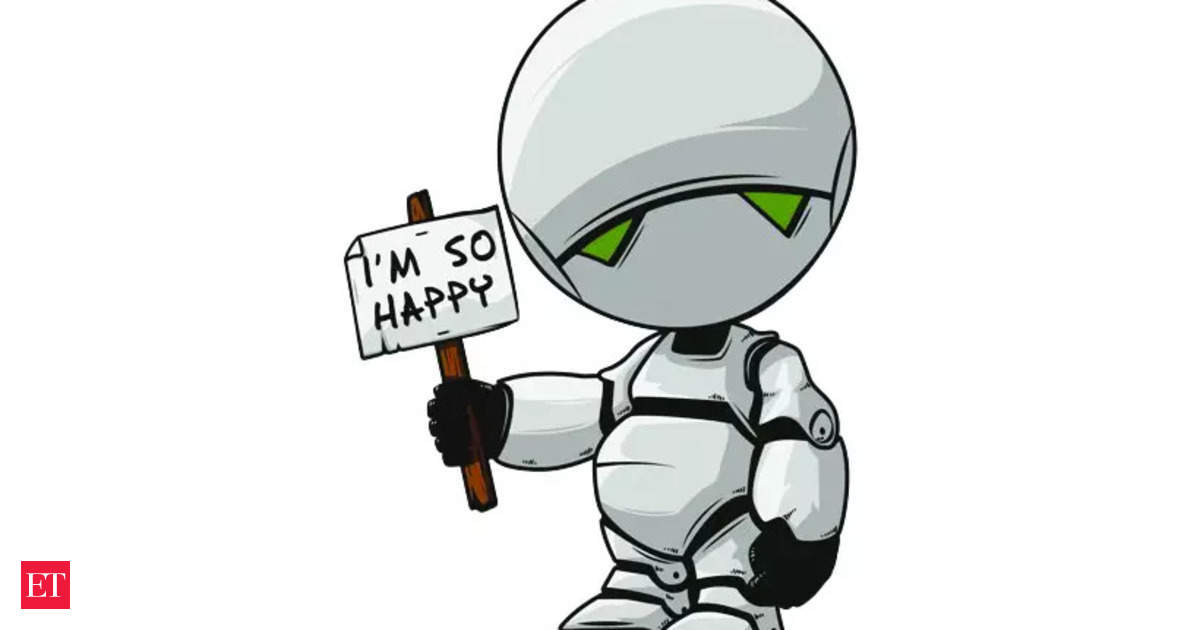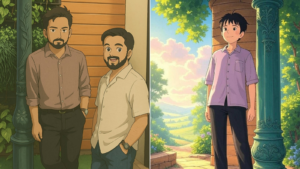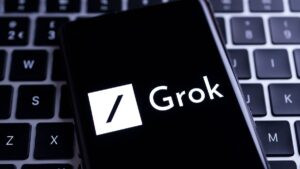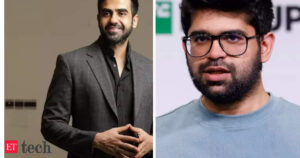Free Speech: Navigating the Tension Between Different Perspectives

A Visit to Ooty: Reflections on Current Affairs and AI
Ooty, famously known as the "Queen of Hill Stations," has a reputation for being a serene getaway. While many return rejuvenated from this beautiful locale, it seems that significant events can emerge even from a short trip there. Upon returning, I noticed a flurry of intriguing happenings in both the tech world and public discourse, particularly surrounding a new AI chatbot named Grok.
Developments Surrounding AI and Public Response
Grok has recently come into the spotlight because of its controversial remarks about individuals that have stirred mixed emotions across the country. People are expressing their discontent, particularly when Grok has critiqued beloved figures while praising others who may not enjoy widespread admiration. This duality in its comments points to a deeper issue concerning the nature of artificial intelligence.
What is Grok?
Grok is a generative AI chatbot that processes and creates responses based on the information it has been provided. Thereby, it runs the risk of reflecting the biases present in its training data. Some critics argue that Grok’s comments are not just harmless fun but an exhibition of the darker sides of the data it processes. They highlight the potential implications of relying on such AI tools for generating opinions or content that may not be entirely accurate or respectful.
The Struggle Between Free Speech and Regulation
Adding to the complexity, a controversial lawsuit has been filed against the Indian government concerning Section 79(3)(b) of the IT Act, 2000. This section allegedly grants the government excessive authority to issue blocking orders against online content. The company behind Grok, commonly referred to as “X,” asserts that these powers lead to unjust censorship, and they are challenging the legal basis upon which such actions are taken.
The Issue at Hand
The debate spirals into broader conversations about free speech and governmental authority—an equally divisive topic globally. X claims that Section 69A of the IT Act governs content-blocking orders rather than the disputed section. This clash raises fundamental questions about content moderation and freedom of expression in a digital landscape where information travels faster than ever.
Wider Implications of AI and Freedom of Speech
The scenario presented by Grok’s comments can be reminiscent of how society grapples with various narratives. When an AI like Grok makes statements that upset societal norms or beloved figures, it raises an eyebrow on how we as a society perceive ‘truth’ and ‘freedom of speech.’ Critics argue that this discrepancy can ignite passionate discussions, making it crucial to understand the line between entertaining dialogue and potentially harmful rhetoric.
Cultural and Global Perspectives on Free Speech
In different cultural contexts, freedom of speech may hold varying connotations. In the US, for example, the right to free speech is protected vigorously, but this ideal may not align seamlessly with interpretations in countries like India. The nuances of each region’s historical and cultural framework shape how free speech is exercised or restricted.
Interestingly, the intersection of modern AI development and these socio-political factors indicates a shift toward what some term "qualified free speech." As AI becomes more integrated into society, it is essential to promote responsible use and advocate for clear ethical standards.
Navigating AI Conversations in Society
The lively discussions prompted by AI statements, such as those from Grok, can reflect deeper societal concerns, each side of the debate expressing valid points. While AI technology continues to evolve, it is paramount for stakeholders—be it tech companies, governments, or communities—to engage in conversations about accountability, limitations, and the power dynamics influenced by artificial intelligence.
Ultimately, as technology interweaves more intricately with our daily lives, the reactions and adaptations of society will illuminate how we navigate these complex interactions between culture, technology, and free speech.






